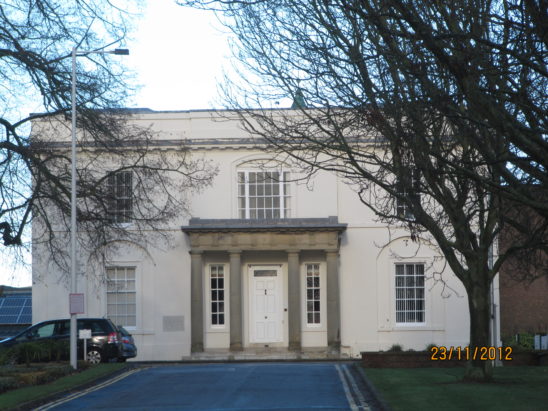
BBC (2019) Open University: Photos Issued to Mark 50th Anniversary, April 17
My personal story
The British Open University received its charter on April 23, 1969. I joined the OU as a research officer at the end of August, 1969. I was the 20th person hired (my payroll number was 000020). My job was ‘to research distance education.’ That was it, initially.
It was in fact a fluke that I was hired at all. Only one position was advertised as available. Naomi Sargent was the first choice candidate, and I was the second, but the appointment committee (chaired by Walter Perry, the Vice-Chancellor) decided it could use two researchers.
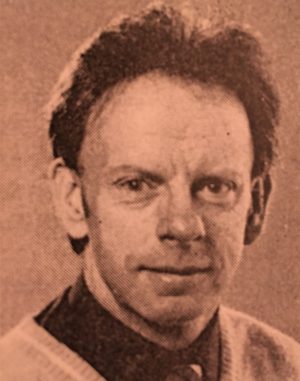
We started researching student responses to the National Extension College’s non-degree distance education courses (the OU’s first courses did not begin until 1971). The NEC’s courses combined BBC broadcasts with printed, correspondence material, which was seen as a possible forerunner of a pedagogical model for the OU.
When analysing the questionnaire data, I was intrigued by the qualitatively different responses from students about the broadcasts compared to their responses to the printed material. On balance, students tended to be more rational and analytical in their critique of the printed materials, but more passionate and emotional about the TV programs: they either ‘loved’ them or ‘hated’ them.
When Naomi and I were rolled a couple of years later into the new Institute of Educational Technology under the direction of Professor David Hawkridge, I made a case for an ongoing evaluation of the BBC TV and radio programs (which took just over 20% of the OU’s budget to make and broadcast) and as the technology developed, I eventually established the university’s Audio-Visual Media Research Group. We investigated student responses not only to the radio and TV broadcasts, but also to the introduction of audio cassettes, video cassettes, video discs, and audio conferencing. The research was used to guide allocation of resources and provided feedback to professors and the BBC producers.
In 1988, working with Tony Kaye, we introduced into DT200, Introduction to information technology: social and technological issues, the university’s first online learning component in the form of a discussion forum, using the University of Guelph’s CoSy online conferencing system. I also wrote some of the course material. In 1989, I left to emigrate to Canada. By then I was a Professor of Educational Media Research.
The impact of the Open University
In my view, the creation of the Open University was in many ways the most radical development in higher education since the establishment of the university in medieval times – and still is.
For a start, it was open to all. In 1971, less than eight per cent of high school students in Britain went on to university. The British higher education system was incredibly selective and heavily biased towards students from private schools such as Eton and Harrow. I myself did not go to university straight from high school. I thought my grades were not good enough. It was only through a chance meeting two years later with a school board official that I discovered I was qualified and eventually entered the University of Sheffield in 1959 at the age of 20. The OU though would accept anyone who applied – and the courses were free. In the first year, it opened with 20,000 students; today it has more than 175,000, but alas courses are no longer free, and with increased tuition costs and a lack of grants or loans for part-time students, enrolments have dropped markedly in recent years.
The OU was also radical in terms of its teaching methods. It produced high quality printed course materials which later became used by many students and even instructors in traditional universities, but it was its partnership with the then highly respected BBC which lent it legitimacy.
In the early days the course design was heavily influenced by American instructional design methods and systems thinking, with careful attention paid to learning objectives, student pacing and workload. A foundation course team would often have more than 30 members, including professors, instructional designers, staff tutors, editors, TV producers and graphic designers – but then one course would have thousands of students.
Especially in the early days, the BBC/OU producers – who were almost always graduates in the subject area for which they made programs – were often brilliant in imagining creative ways to illustrate often complex issues. In particular their programs in mathematics were outstanding. However, our research showed that there was often a gap between student expectations of highly didactic teaching and the often challenging and indirect treatment of the course content in the broadcasts. In effect, there were two different cultures operating, academic and broadcast, each with its own, somewhat different, standards of excellence. The BBC broadcasts ended in 2006.
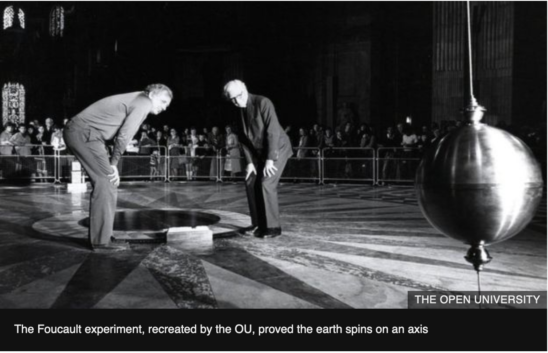
By that time, I had left and gone to Canada. The OU had become a large, bureaucratic organization. The heady, innovative days had long gone, and its open access philosophy did not, and does not, sit well with Conservative governments still obsessed with the elitism of Eton, Harrow, Oxford and Cambridge.
But the OU did open up higher education to all and has educated more more than 1.8 million students since its foundation. There are now over 100 other Open Universities around the world.
This should be remembered when we talk about ‘open educational resources’ and ‘open pedagogy’ today. They still seem to me thin gruel compared to the richness of the OU – so happy birthday and enjoy the moment, everyone at the OU.
References
The results of much of the OU research on broadcasting were published in:
Bates, A. W. (1984) Broadcasting in Education: an Evaluation London: Constables.
For a wonderful account of the early days of the OU, see the book by its first Vice-Chancellor:
Perry, W. (1976) Open University Milton Keynes: Open University Press
For a more recent history of the OU, see the excellent book by an OU history professor:
Weinbren, D. (2015) The Open University: A History Manchester: Manchester University Press (available as an open access pdf).





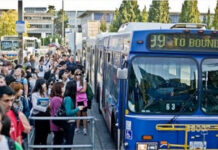
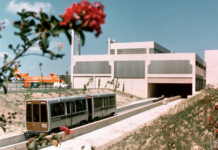


 Dr. Tony Bates is the author of eleven books in the field of online learning and distance education. He has provided consulting services specializing in training in the planning and management of online learning and distance education, working with over 40 organizations in 25 countries. Tony is a Research Associate with Contact North | Contact Nord, Ontario’s Distance Education & Training Network.
Dr. Tony Bates is the author of eleven books in the field of online learning and distance education. He has provided consulting services specializing in training in the planning and management of online learning and distance education, working with over 40 organizations in 25 countries. Tony is a Research Associate with Contact North | Contact Nord, Ontario’s Distance Education & Training Network.

